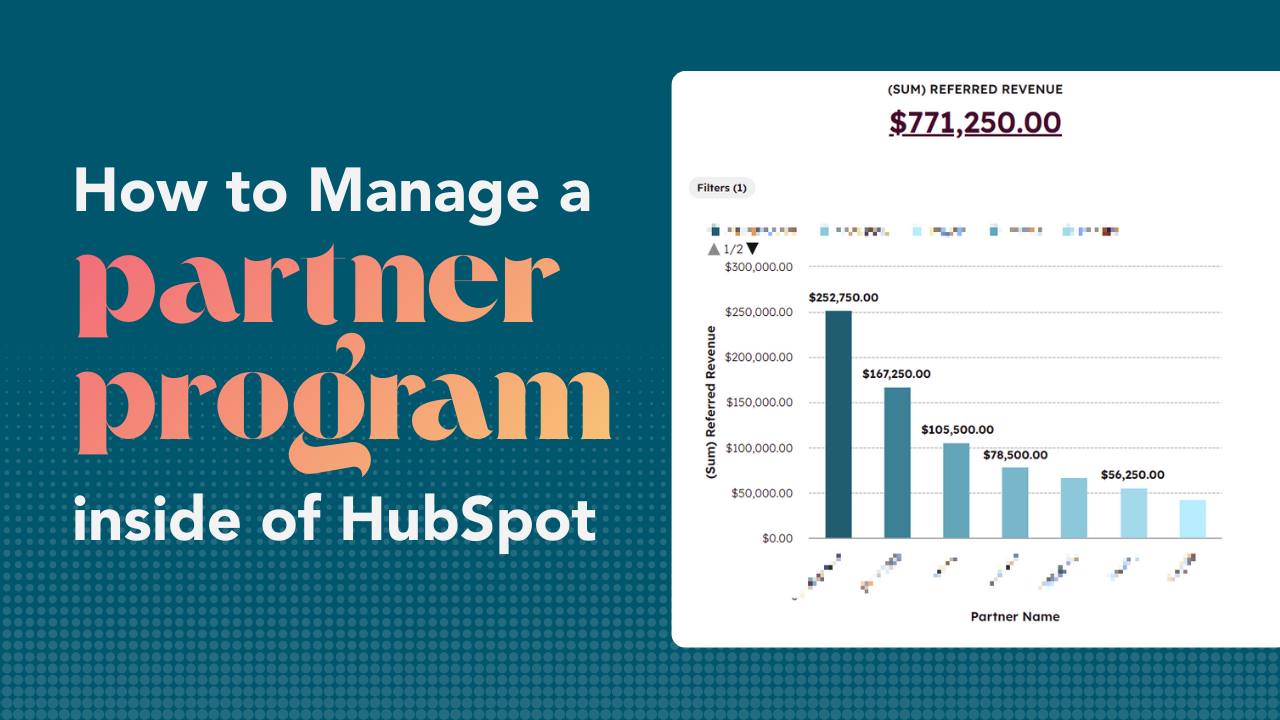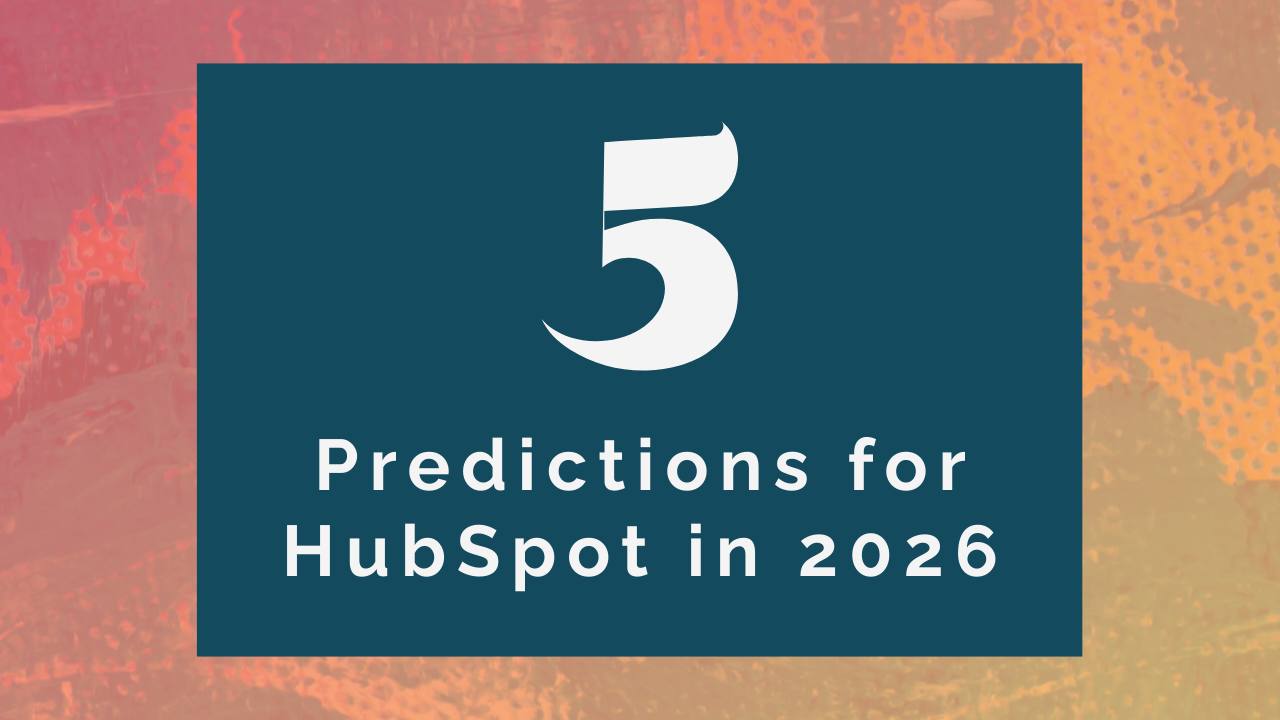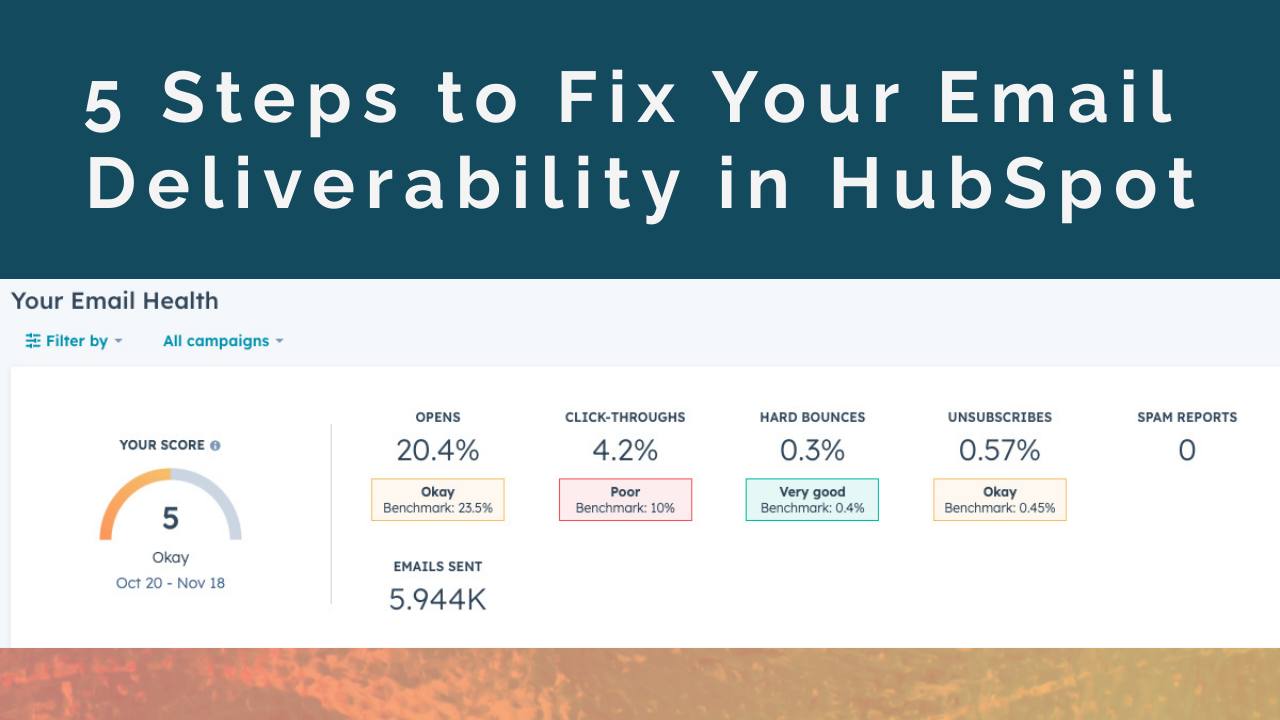The CRM Arms Race: Salesforce vs. HubSpot on AI + Data

Yesterday, Salesforce announced an $8 billion acquisition of Informatica, an enterprise cloud data management tool. This is just the latest of a series of acquisitions by CRM companies that are designed to set them up for success in the AI era.
Here are acquisitions announced in the past year, alone:
Salesforce
- Informatica (cloud data management)
- Convergence.ai (AI agents)
- Zoomin (content analytics)
- OwnBackup (data security)
- PredictSpring (retail point-of-sale)
- Tenyx (AI voice)
HubSpot
- Dashworks (AI search)
- Frame AI (conversation intelligence)
- Cacheflow (subscription billing management)
What do these acquisitions tell us about the different approaches HubSpot and Salesforce are taking when implementing AI into their platforms?
Both companies clearly recognize that the most useful AI systems are those already trained on your CRM data. That means that the cleanliness, organization, structure, and integration of data is exponentially more important this year than it was even a year ago. But that is where their philsophies seem to diverge.
I'm going to break down what I can glean about each of their strategies and, most importantly, what those differences mean for customers.
Salesforce's infrastructure-first approach
The big acquisition news yesterday tells us a lot.
Why Informatica?
Salesforce wants to build the "most complete, agent-ready data platform." They are putting down high-flow plumbing for AI. Informatica brings serious capabilities for cleaning, organizing, governing, and integrating vast amounts of data. This means Salesforce can unify customer data, even if it's scattered across different systems (data lakes, warehouses, other apps), and make it AI-ready. Their goal is to empower "Agentforce" – essentially, highly autonomous AI agents that can operate safely and responsibly on this clean, unified data.
What does this mean for SMBs and mid-market businesses?
This approach is powerful for huge enterprises with dedicated IT and data engineering teams. But for a mid-market company, it can be a heavy lift. You're looking at potentially significant investment in Data Cloud, specialized add-ons like Einstein AI, and potentially bringing in MuleSoft for integration and Tableau for analytics.
The overall implementation will be complex, time-consuming, and require specialized technical skills or external consultants. Think higher Total Cost of Ownership (TCO), longer time-to-value, and more technical friction.
HubSpot's user-first approach
HubSpot has always been about usability and native functionality and their recent acquisitions really highlight this.






